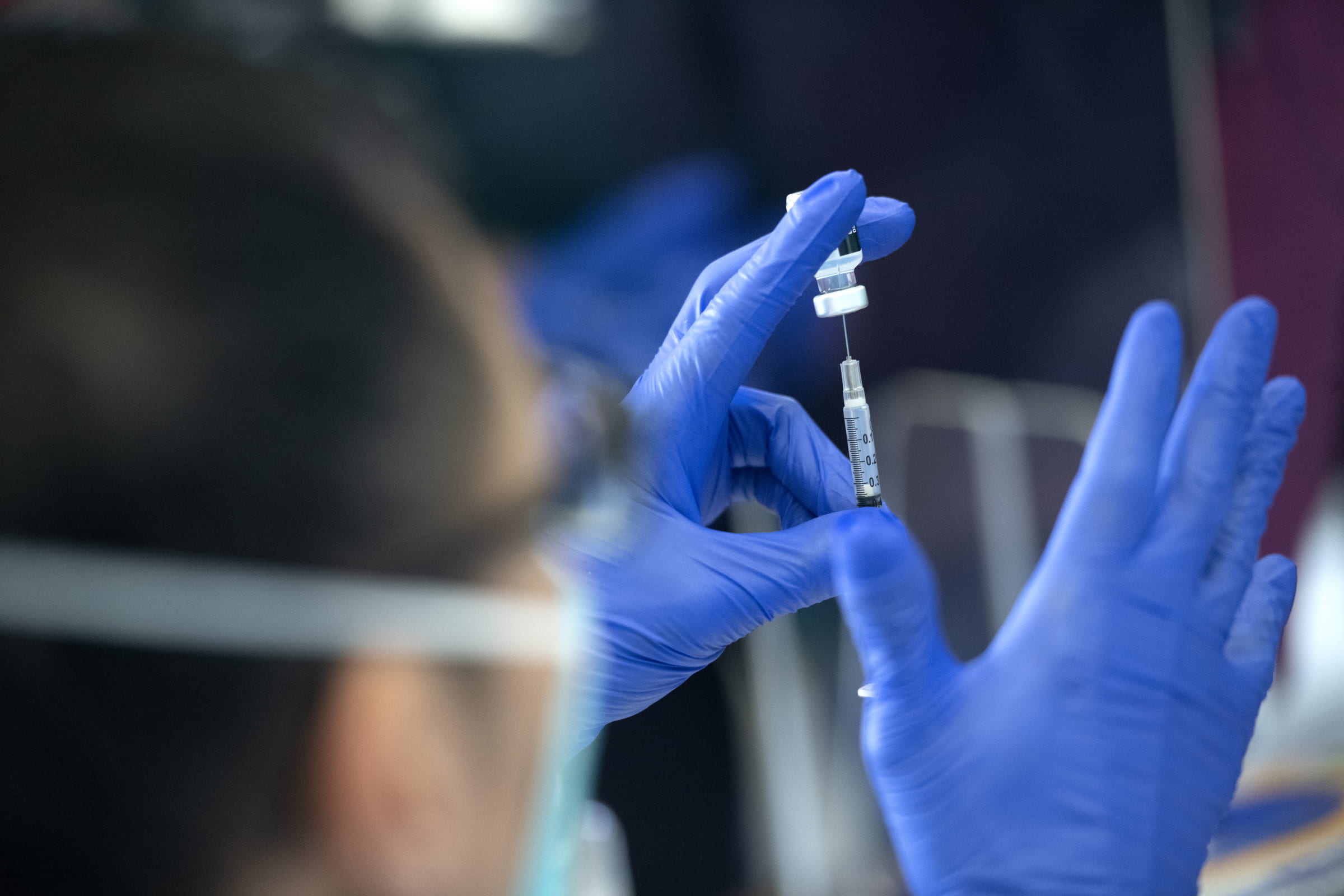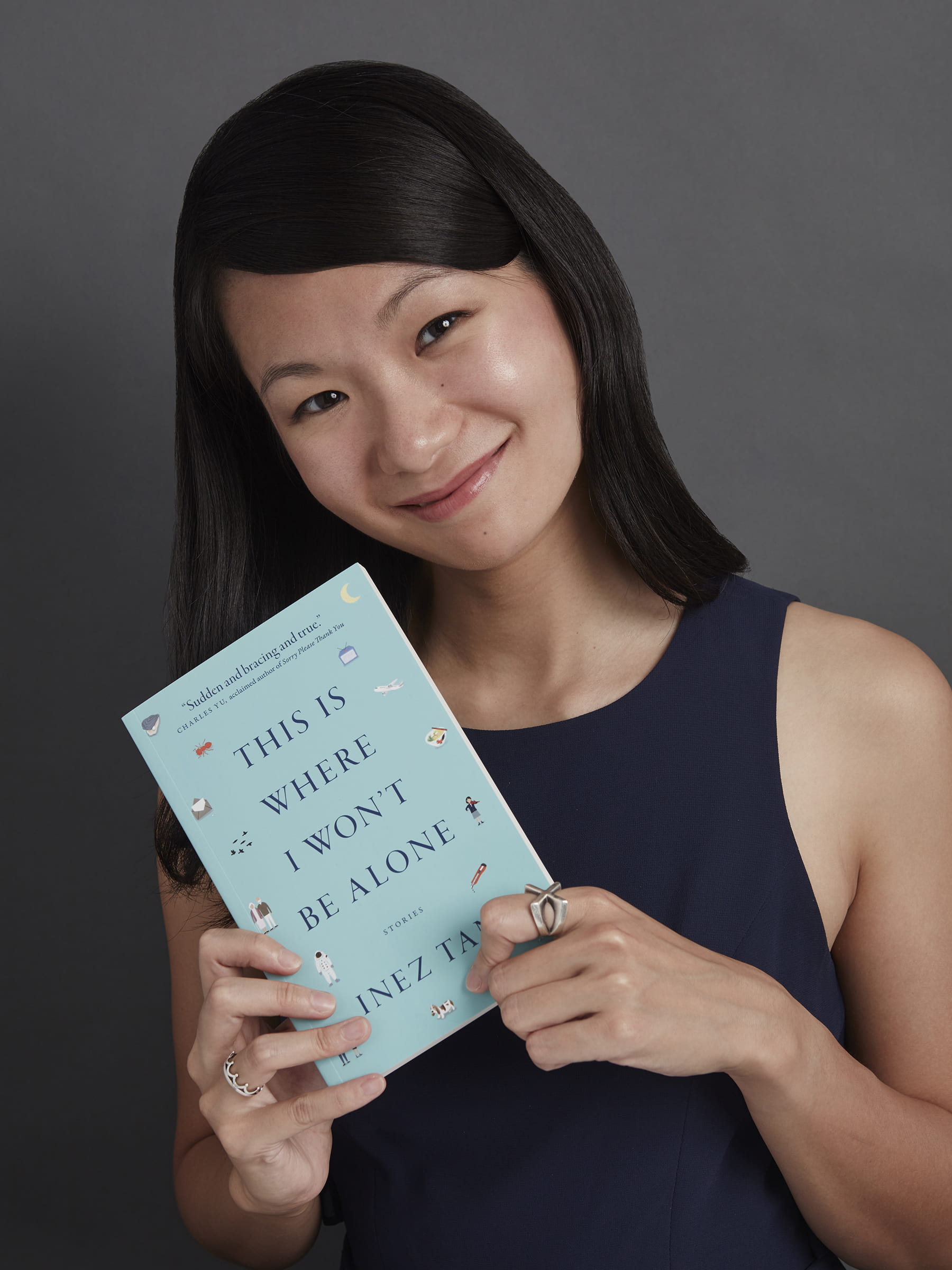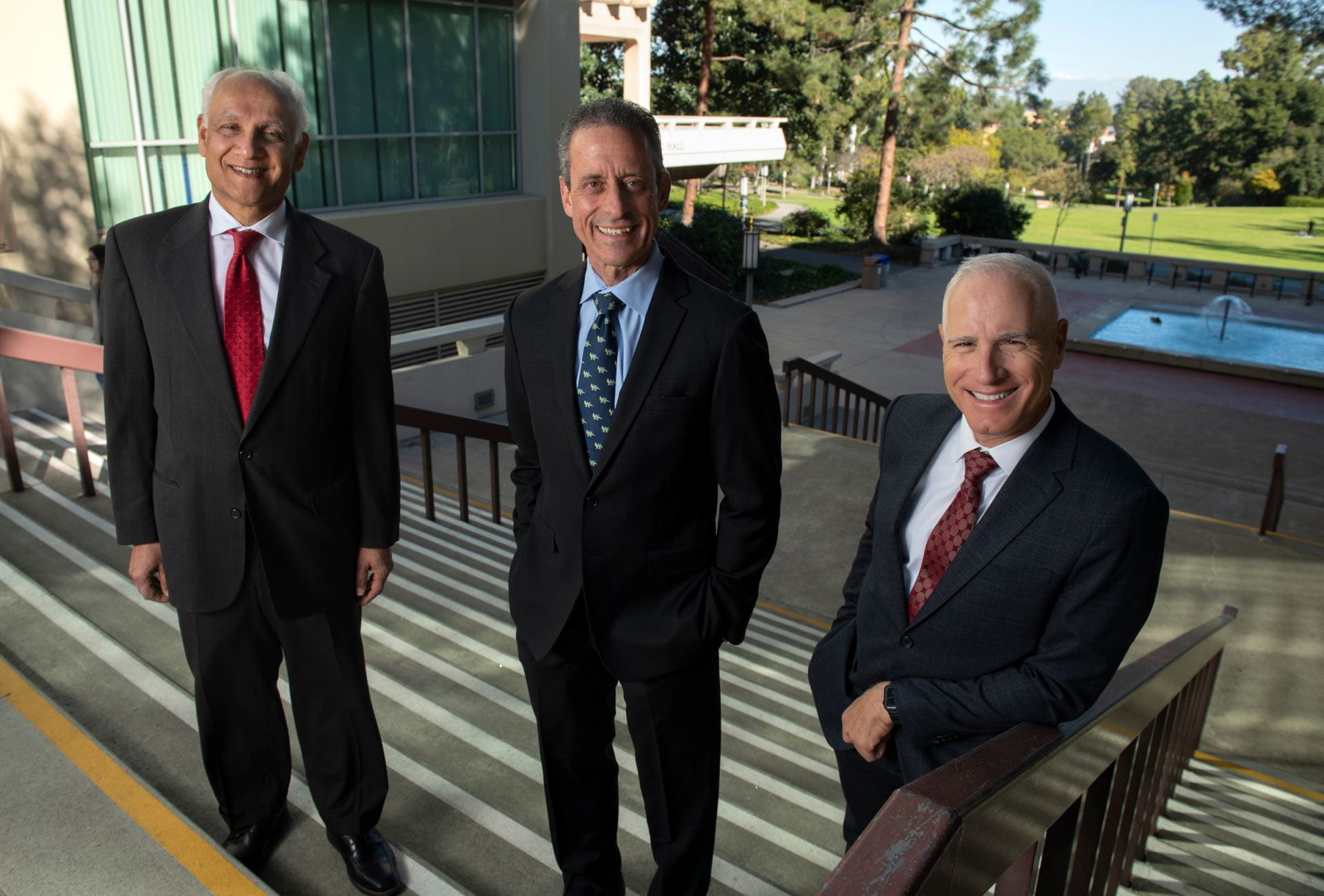UCI pharmacists on the front lines
Long working behind the scenes in COVID-19 research and education, they’re now helping to distribute and administer the vaccine

For the last year, doctors and nurses battling the COVID-19 outbreak have filled the spotlight. Now, as the United States – and the world – embarks on the biggest vaccination effort in history, pharmacists across the country and at UCI have stepped forward.
Because the Pfizer and Moderna vaccines require cold storage and precise preparation, pharmacists and pharmacy technicians must extract every dose carefully. Hours before UCI Health’s first vaccination event on the Irvine campus, Robert Eastin, director of pharmacy operations at UCI Medical Center, even spent the night with the vaccines to make sure the temperature stayed stable.
Long before they arrived, however, UCI’s School of Pharmacy & Pharmaceutical Sciences was focused on vaccine education and research. Now its pharmacists have joined personnel from UCI Health and the Sue & Bill Gross School of Nursing to provide vaccinations to the UCI community.
“Pharmacists have played a critical role in distributing and administering the COVID-19 vaccine,” says Jan Hirsch, founding dean of the School of Pharmacy & Pharmaceutical Sciences. “From working with public health officials to distribute the vaccine to educating the public about its safety and effectiveness to administering the vaccine, pharmacists from UCI Health and our school have been involved in every part of the process.”
Spreading the word
Months before the vaccines were approved, Hirsch and Jonathan Watanabe, associate dean of pharmacy assessment and quality, began informing the public how important pharmacists would be to distribution.
In a September op-ed published in The Hill, they noted that flu immunization rates increase in areas where pharmacists administer the vaccine. Many Americans live closer to a pharmacy than a doctor’s office, the two wrote, and since pharmacists tend to be highly trusted, they are well-placed to distribute vaccines to underserved populations, such as minorities and older adults.
“To cool COVID-19 flare-ups and to achieve pandemic containment, community pharmacies must enhance readiness to administer diagnostic tests and vaccines at a level not before seen,” they added.
Hirsch has participated in a number of public panels to answer questions about the vaccine. The next will be on Monday, March 1, at noon. Register here.
Aiding California’s hardest-hit county
However, some communities have better pharmacy access than others. Last fall, Cheryl Wisseh, health sciences assistant clinical professor of clinical pharmacy practice, published a study mapping “pharmacy deserts” – locales in which the nearest pharmacist is at least a mile away – across Los Angeles County.
She found that many areas lacking pharmacy access were characterized by denser populations, larger numbers of Latino and Black residents, less vehicle and home ownership, higher crime rates, and greater poverty. These communities are also the most vulnerable to contracting COVID-19.
“The same forces of structural inequity and systemic racism that contribute to the formation of Los Angeles pharmacy deserts contribute to the disproportionate test positivity, incidence and mortality rates of COVID-19 in racial and ethnic minorities,” Wisseh says.
Public health officials in L.A. County are now using her findings to identify which communities will need the most support when the vaccine becomes available to the general public.
Keri Hurley-Kim, health sciences assistant clinical professor of clinical pharmacy practice, is also working with the county as well as healthcare providers and community groups to answer questions about the Pfizer and Moderna vaccines’ effectiveness and address concerns.
As vice chair of the steering committee for the Immunization Coalition of Los Angeles County, she’s helping to create an L.A.-specific educational toolkit. This will include an infographic on the vaccines’ safety and efficacy that community groups can distribute broadly.
“If you’re a member of the public, it could take hours to sort through all of the information out there about vaccines,” Hurley-Kim says. “We’re trying to provide answers to basic questions in one place.”
Vaccinating the public
Pharmacists, pharmaceutical scientists and students – along with nurses, doctors and other healthcare professionals across the Susan & Henry Samueli College of Health Sciences and UCI Health – are volunteering to administer the vaccines in their communities and at UCI.
As with many health systems, UCI Health is providing vaccinations when vaccine is available. For information, go to: https://vaccine.ucihealth.org/.
“UCI plays a critical role in Orange County and Southern California,” says Alexandre Chan, chair of the Department of Clinical Pharmacy Practice. “I’m proud that the School of Pharmacy & Pharmaceutical Sciences can collaborate with the UCI Health in vaccinating our community.”
The campus vaccination site gives pharmacy and nursing students an invaluable opportunity to get on-the-ground experience administering the vaccine. In a year in which in-person instruction has been a challenge, students have the chance to participate in pandemic operations firsthand while getting to know their teachers and classmates.
“Being in that environment – talking to pharmacists and other healthcare professionals – has reinforced my desire to continue in the healthcare field,” says Micah Yu, a UCI undergraduate in pharmaceutical sciences and a practicing pharmacy technician who volunteered at the site.
As Hirsch and Watanabe wrote in their September op-ed, pharmacists “can play a fundamental role in boosting vaccination rates and increasing testing to levels that will get the economy safely back on … sturdier footing and protecting loved ones at risk.”



